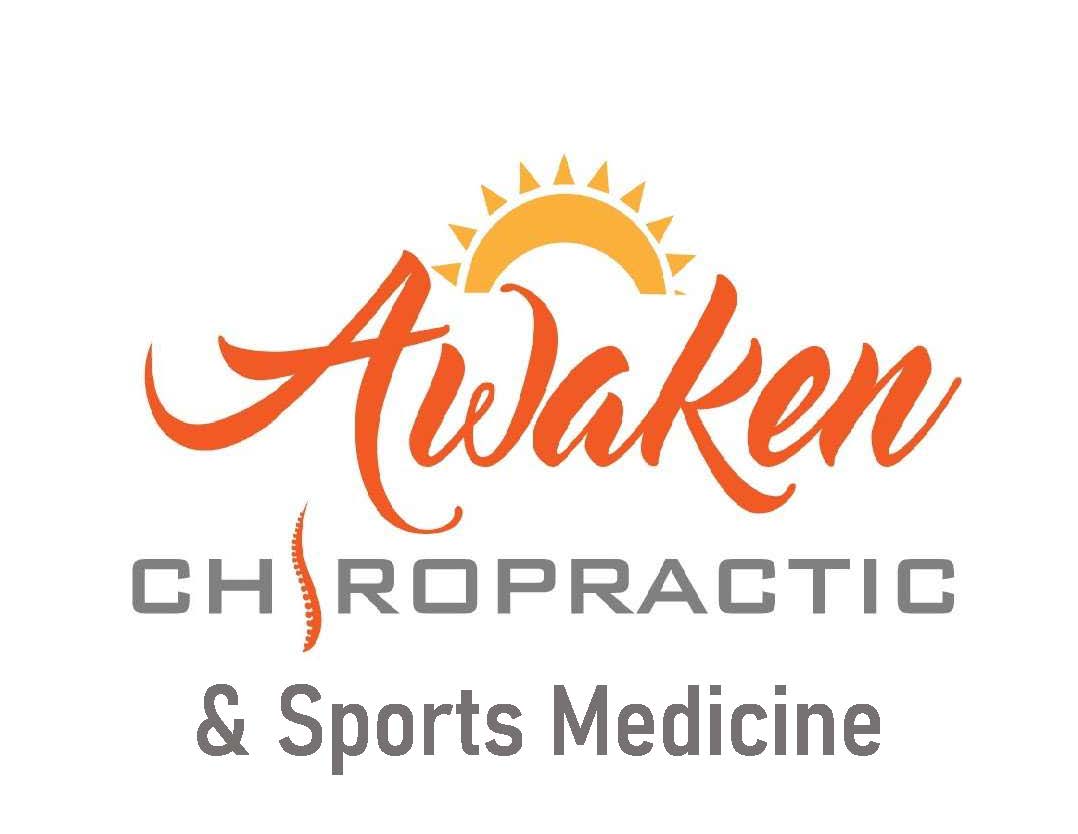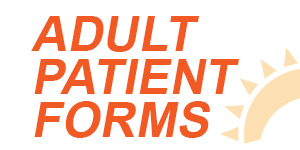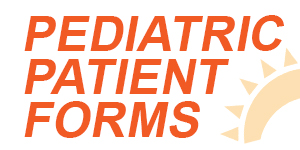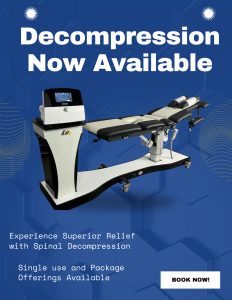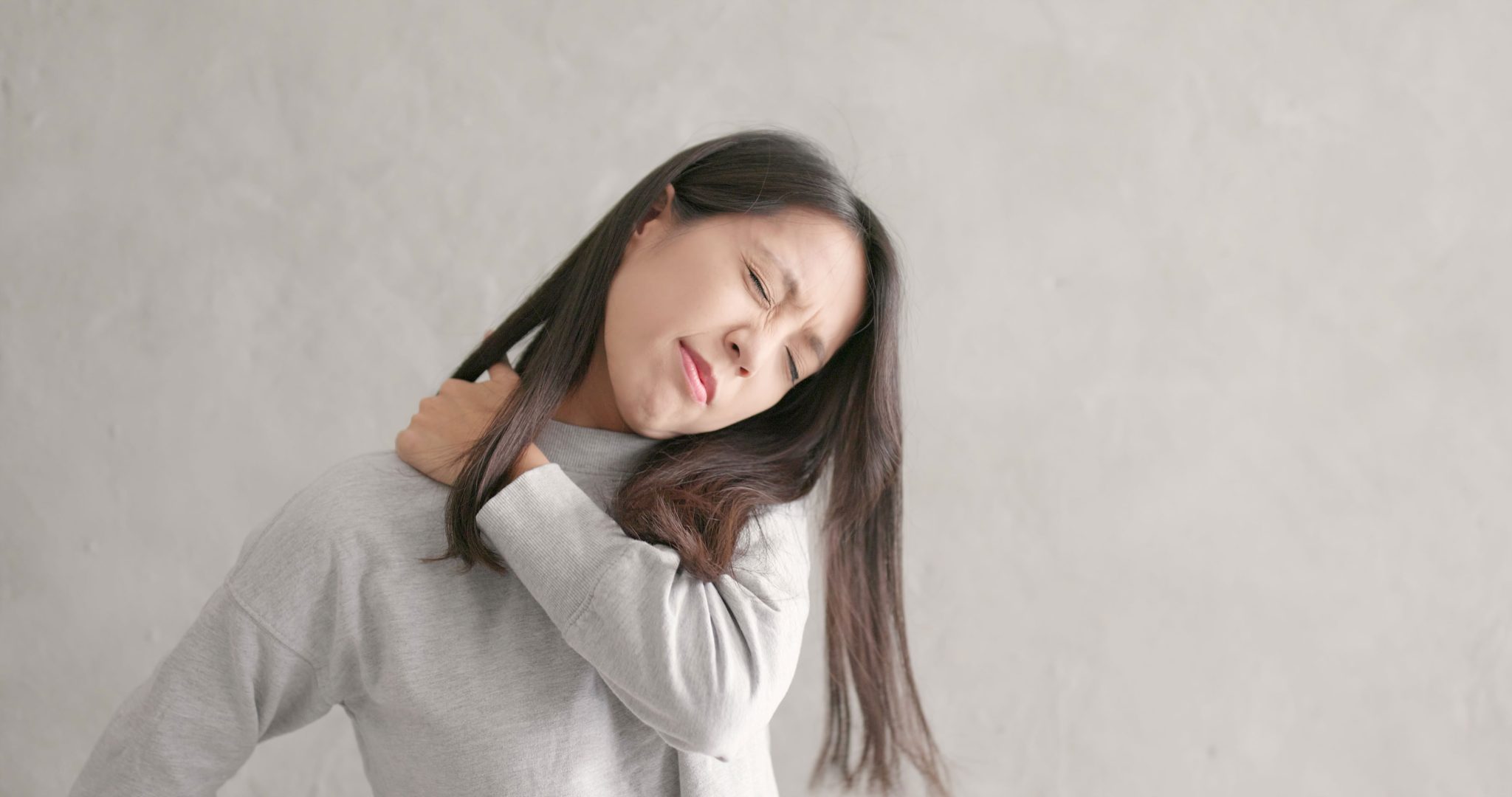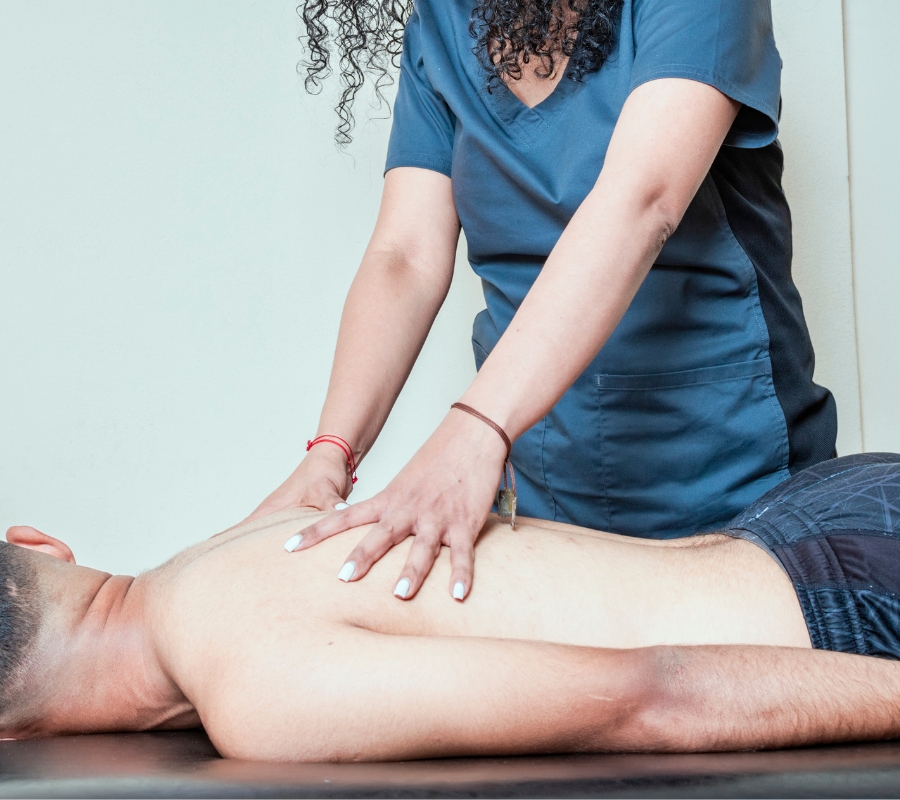In the realm of alternative therapies, two practices involving the insertion of thin needles into the body have gained attention and popularity: dry needling and acupuncture. While both may seem similar on the surface, they are distinct techniques with unique origins, purposes, and approaches.
Understanding the differences between dry needling and acupuncture can help you make informed decisions about which treatment may be right for your specific health concerns. In this article, we’ll delve into the world of dry needling and acupuncture, exploring their origins, techniques, and therapeutic applications.
What is Dry Needling?
Dry needling, also known as myofascial trigger point dry needling, is a therapeutic technique that originated in modern Western medicine. Developed in the 20th century, it primarily targets muscular pain and dysfunction. During a dry needling session, a trained practitioner inserts thin filiform needles into specific trigger points in the muscles or fascia. These trigger points are knots or tight bands of muscle fibers that can cause pain and restrict movement.
The goal of dry needling is to stimulate these trigger points, leading to the release of tension and improved blood flow. This, in turn, can alleviate pain, reduce muscle stiffness, and enhance mobility. Dry needling is often used to treat conditions such as chronic pain, muscle spasms, and sports injuries.
What is Acupuncture?
Acupuncture, on the other hand, is an ancient healing practice that originated in China over 2,500 years ago. It is a key component of Traditional Chinese Medicine (TCM). Acupuncture is based on the concept of balancing the body’s vital energy, known as “qi” or “chi,” by stimulating specific points along meridians or energy pathways in the body.
Unlike dry needling, acupuncture needles are inserted at various depths and angles, depending on the individual’s condition and the practitioner’s expertise. Acupuncture is believed to promote the free flow of qi, helping to restore balance and harmony within the body. It is used to address a wide range of health issues like pain, stress, anxiety, digestive disorders, and even infertility.
Key Differences Between Needling vs. Acupuncture
When comparing dry needling and acupuncture, several key differences set them apart:
Origins and Philosophy
Dry needling has its roots in Western medicine and predominantly targets muscular issues, while acupuncture is deeply entrenched in Chinese medicine, emphasizing holistic energy balance.
Needle Placement
In dry needling, needles target specific trigger points in muscles and fascia, whereas acupuncture needles are strategically inserted along meridians and acupuncture points believed to influence qi flow.
Purpose
Dry needling primarily addresses musculoskeletal problems, whereas acupuncture offers a broader spectrum of applications, addressing physical, emotional, and energetic imbalances.
Depth of Insertion
Dry needling involves shallow needle insertion into muscle tissue, whereas acupuncture needle depth varies based on the specific condition being treated.
Which is Right for You?
The choice between dry needling and acupuncture depends on your specific health concerns and preferences. If you have musculoskeletal issues, chronic pain, or sports-related injuries, dry needling may be a suitable choice, as it directly targets trigger points and muscle tension.
Alternatively, if you’re looking for a holistic approach to address a wide range of physical and emotional issues, acupuncture may be more aligned with your goals. Acupuncture’s emphasis on balancing the body’s energy can provide relief for conditions beyond physical pain.
Ultimately, consulting with a qualified healthcare professional is essential to determine the most appropriate treatment for your unique needs.
Explore Chiropractic Care and Needling for Your Well-being
Understanding the differences between dry needling and acupuncture can help you make informed decisions about your healthcare. Dry needling is a Western-based technique that primarily targets muscular issues, while acupuncture is rooted in Chinese medicine and aims to balance the body’s energy.
For personalized guidance and treatment, it’s essential to seek help from a healthcare professional, particularly those well-versed in these techniques. At Awaken Chiropractic, our experienced team of Parker chiropractors can provide you with expert care tailored to your needs. If you’re ready to explore the benefits of dry needling, acupuncture, or chiropractic care, contact us today to schedule an appointment. Your journey to improved well-being starts here.
